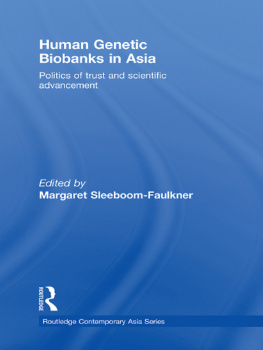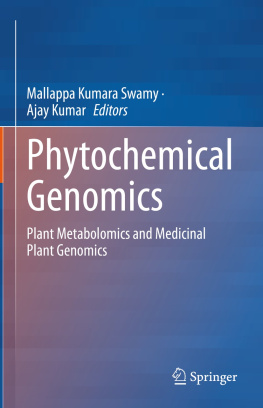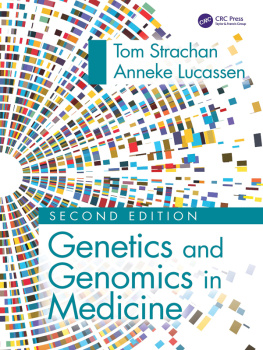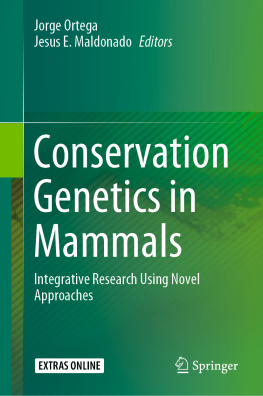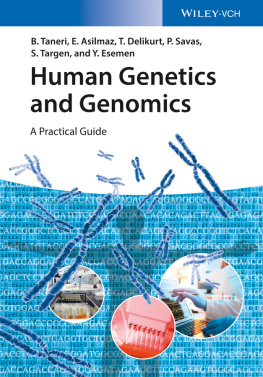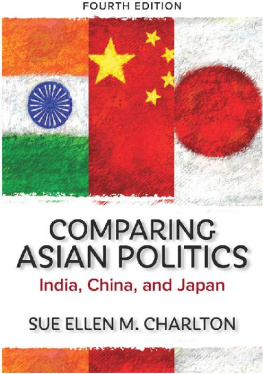
GENOMICS IN ASIA
The work focuses on issues dealing with the development and application of molecular biology and bioengineering technologies in Asian societies and cultures. The workshop, on which this book proposal is based, aimed to gain an insight into bioethical issues with relation to the dynamics of Asian societies, cultures and religions. It was to generate debate on Asian Genomics and create a basis for comparative research into the relationship between the development and application of modern genetics, cultural values and local interests in Asian societies. The papers first of all reflect a great variety of bioethical views discussed from the angle of different disciplinary and cultural backgrounds, creating a basis on which a further comparison between different local knowledge systems in relation to genomic practices will be feasible.
Studies in Anthropology,
Economy and Society
Behind the Teak Curtain
Ardeth Maung Thawnghmung
Genomics in Asia
Margaret Sleeboom
Heterarchy and Domination
in Highland Jambi
Heinzpeter Znoj
Muslims in Australia
Nahid Kabir
GENOMICS IN ASIA
A Clash of Bioethical Interests?
E DITED BY M ARGARET S LEEBOOM
First published in 2004 by
Kegan Paul Limited
This edition first published in 2009 by
Routledge
2 Park Square, Milton Park, Abingdon, Oxon, OX14 4RN
Simultaneously published in the USA and Canada
by Routledge
270 Madison Avenue, New York, NY 10016
Routledge is an imprint of the Taylor & Francis Group, an informa business
C Kegan Paul, 2004
Transferred to Digital Printing 2009
All rights reserved. No part of this book may be reprinted or reproduced or utilised in any form or by any electronic, mechanical, or other means, now known or hereafter invented, including photocopying and recording, or in any information storage or retrieval system, without permission in writing from the publishers.
British Library Cataloguing in Publication Data
A catalogue record for this book is available from the British Library
ISBN: 0-7103-0943-0 (ebk)
ISBN: 978-0-710-30943-3 (hbk)
Publisher's Note
The publisher has gone to great lengths to ensure the quality of this reprint but points out that some imperfections in the original copies may be apparent. The publisher has made every effort to contact original copyright holders and would welcome correspondence from those they have been unable to trace.
TABLE OF CONTENTS
| Contents |
| Introduction |
| 1. |
| Margaret Sleeboom |
| I. | Religious Perspectives |
| 2. |
| Anwar Nasim |
| 3. |
| Gursatej Gandhi |
| 4. |
| Santishree Pandit |
| 5. |
| Soraj Hongladarom |
| 6. |
| Noritoshi Tanida |
| II. | Cultural and Philosophical Perspectives |
| 7. |
| Hyakudai Sakamoto |
| 8. |
| Shui Chuen Lee |
| 9. |
| Yu Kam Por |
| 10. |
| Masahiro Morioka |
| 11. |
| Min Jiayin |
| III. | Genomics and Practices in Asia |
| 12. |
| Norio Fujiki |
| 13. |
| Mary Ann Chen Ng and Darryl Macer |
| 14. |
| Yanguang Wang |
| 15. |
| Chan Chee Khoon |
ACKNOWLEDGEMENTS
This collection of papers is the result of collaborative efforts of an international group of scientists and thinkers studying the impact of new genetics on society. However, the volume would not have come about without the support and encouragement of the International Institute for Asian Studies in Leiden (IIAS). The IIAS shouldered a large part of the co-ordination and expenses of the conference entitled Genomics in Asia (2829 March 2002), co-sponsored by the CNWS, out of which this book has grown. It was also made possible by the generosity of Baywood Publishing, which gave permission to republish a shorter version of chapter fifteen, appearing in New Solutions: A Journal of Environmental & Occupational Health Policy . Finally, without the enormous effort exerted by the books English copy-editor, Dr Sean Taudin Chabot, and the help of Vincent Traag this volume would not have reached the publishers.
Chapter 1
Genomics in Asia: Cultural Values and Bioethical Practices
Margaret Sleeboom
Genomics in Asia focuses on issues dealing with the development and application of molecular biology and bioengineering technologies in Asian societies and cultures. The workshop, on which this book is based, aimed at gaining insight into bioethical issues related to the dynamics of Asian societies, cultures and religions. We hoped to generate debate on Asian genomics and create a basis for comparative research on the relationship between the development and application of modern genetics, cultural values and local interests in Asian societies. The chapters reflect a great variety of bioethical views discussed from the perspective of different disciplinary and cultural backgrounds, creating a basis for further comparison between different local knowledge systems regarding genomic practices.
Most of the authors pay attention to the marginal position of bioethics in academic discourse. As part of a discourse on Western bioethics, it has carried a specific cultural baggage, which the increased application of new bio-medical technologies is putting to question: not only in Asia, but also in the West. The different levels of access to the new medical technologies, the cultural and ethical problems engendered by their application, and political pronouncements on concepts related to the biomedical fieldsuch as cloning, stem cell research, eugenics and euthanasiaare only a few examples of the issues raised in this volume.
Contributors to this book provide insight into some social, political and ethical aspects of genomics, reflecting the bioethical experiences of researchers from Japan, China, the Filippines, Thailand, Taiwan, Pakistan, India and Malaysia. The topics under consideration vary from debates about genetics in China to religious perspectives on cloning and genetic therapy. The themes of the various chapters revolve around the commercial and medical application of new bioengineering technologies, such as the impact of preventive genetic medicine, genetic counselling, genetically modified organisms (GMOs) and stem cell research on wealth distribution, cultural traditions, social well-being, regulations and institutions. This study of bioengineering in Asia brings various points of view together at a concrete research level. It illustrates that there is still a dichotomy between East and West over the meaning of macro-concepts. To attain a more profound understanding of bioethical questions in daily practice, we clearly need new insights into the relationship between local knowledge systems, cultures and interests groups, on the one hand, and a constellation of the various interests of scientific research, governments and multinational companies (MNCs), on the other.


